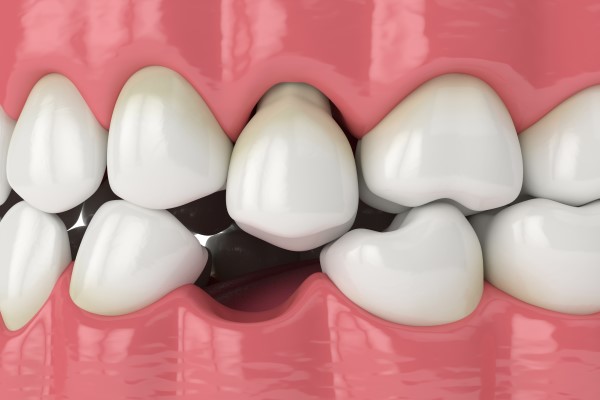
A lot of people think that losing teeth is a natural part of aging. But this is not always the case. Gum disease is the leading cause of tooth loss in adults. Practicing good oral hygiene every day and scheduling routine dental visits are key to preventing gum disease. If you have lost a tooth or more, even if it’s at the back part of your mouth, your risk of sustaining other oral health problems increases. That is why you must see a dentist who offers quality dental care in Tukwila.
Risk Factors for Tooth Loss
While age can be a factor in tooth loss because of gum disease, other elements can increase your risk of developing gum disease. These include not seeing a dentist regularly, neglecting your oral health, and having a chronic illness like diabetes, high blood pressure, and rheumatoid arthritis. If you sustain gum disease, you may lose a front tooth. But while health problems like diabetes make you susceptible to gum disease, you can take steps to overcome your risks and maintain a healthier lifestyle, such as not smoking as well as brushing your teeth twice a day, and flossing them once a day.
What Happens if You Lose a Tooth
Losing a tooth can make you feel self-conscious about your smile. However, the consequences of a missing tooth are more than just cosmetic. A missing tooth creates a space into which the adjacent teeth will shift. This results in alignment issues, difficulty biting and chewing, changes in your facial shape, jawbone mass loss, and others. This can result in more bite issues and even TMJ pain. Lastly, poor general health and compromised nutrition can happen if you cannot consume healthy foods such as fruits and vegetables because of missing teeth.
Why Consider Getting Dental Implants
If you lose a tooth because of trauma, extraction, or injury, you must get a replacement as soon as possible. This way, you can prevent the development of oral health issues. Dental implants are a great option to replace missing teeth. They restore your natural teeth’s feel, look, and function while preventing jawbone loss, retaining your natural bite alignment, and preserving your facial structure.
Dental implants are surgically placed into your jaw and topped with a dental crown. They are made of titanium, which can fuse to living bone. The implant becomes a permanent part of your jawbone, stabilizing and stimulating it as well as maintaining its density and volume.






